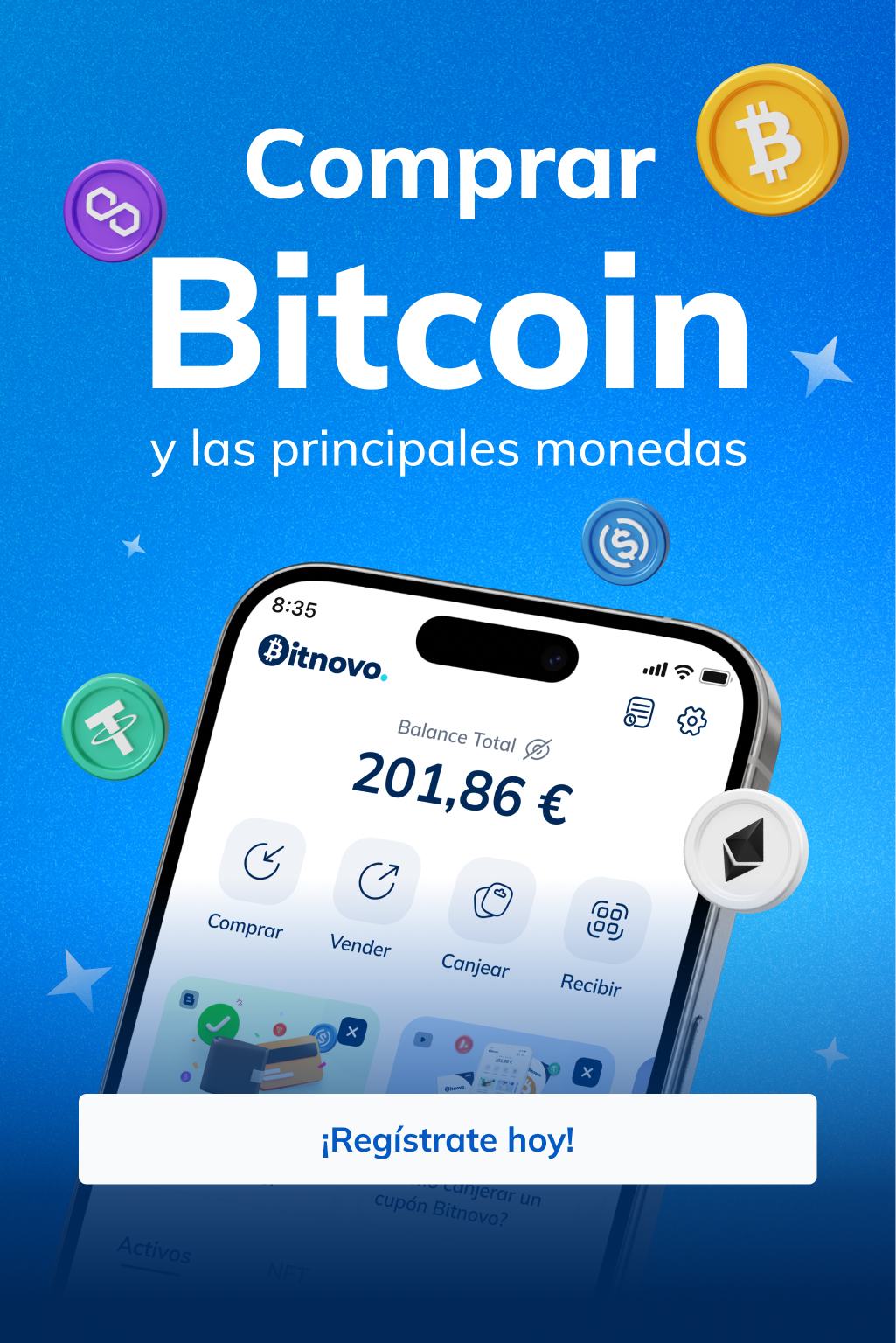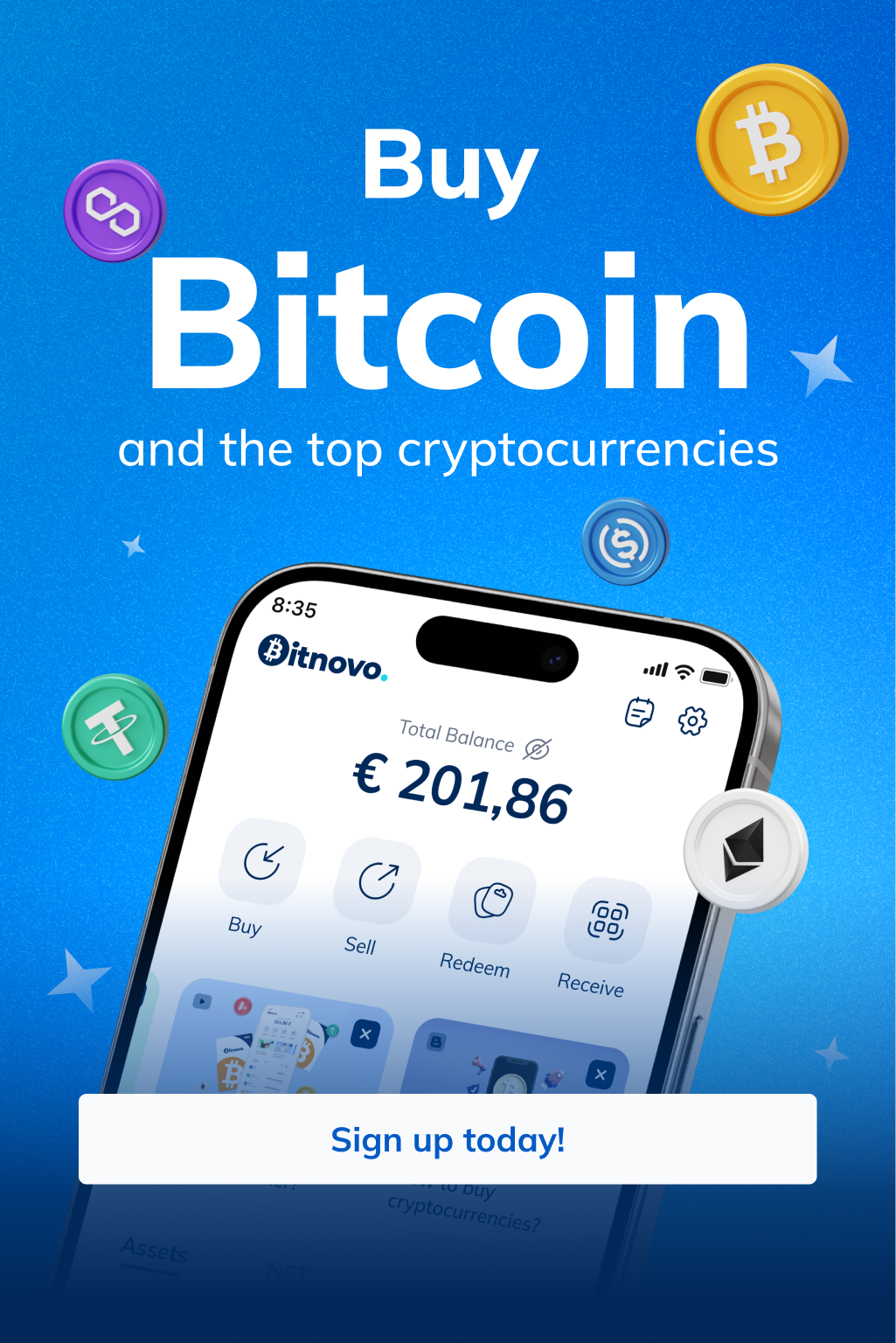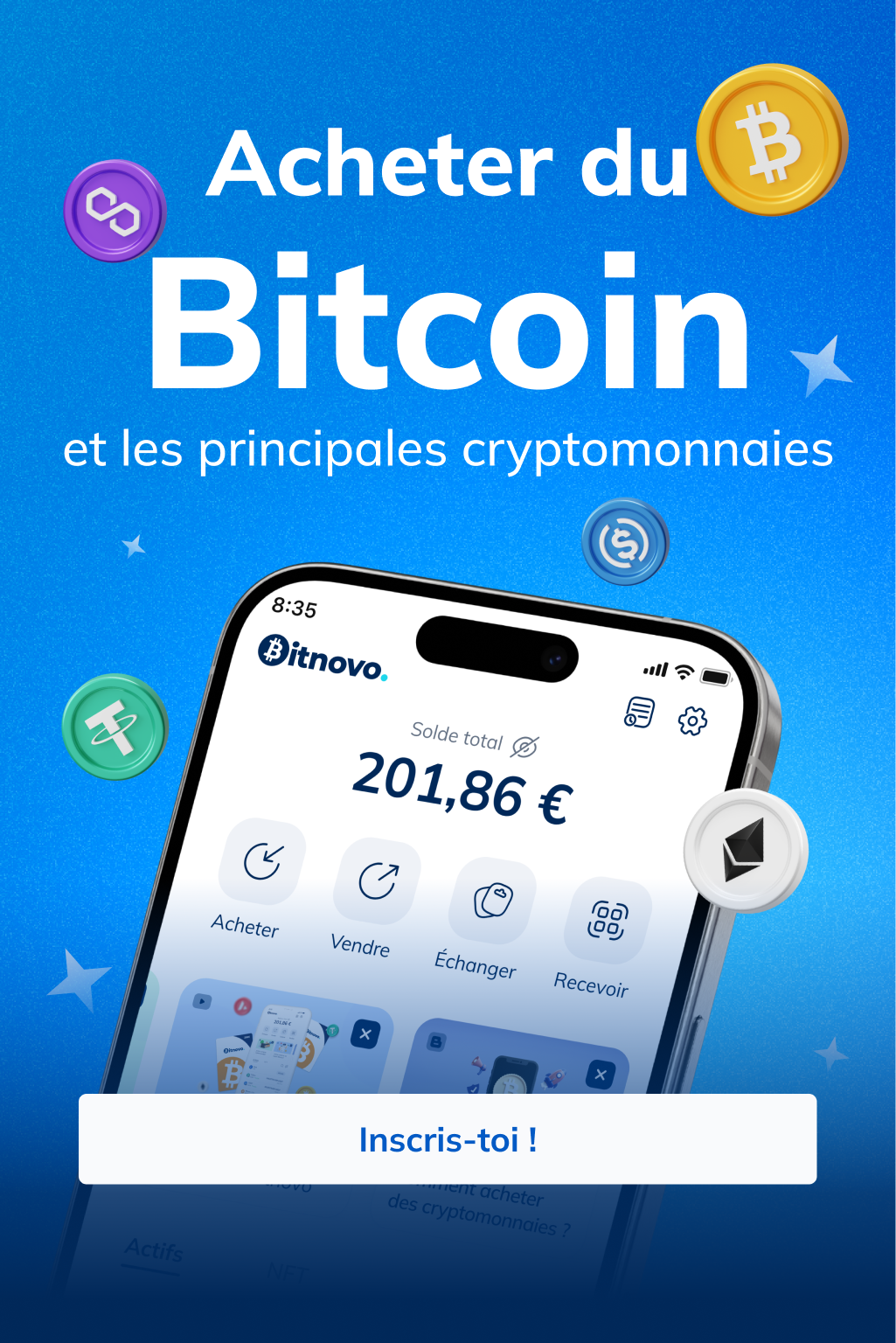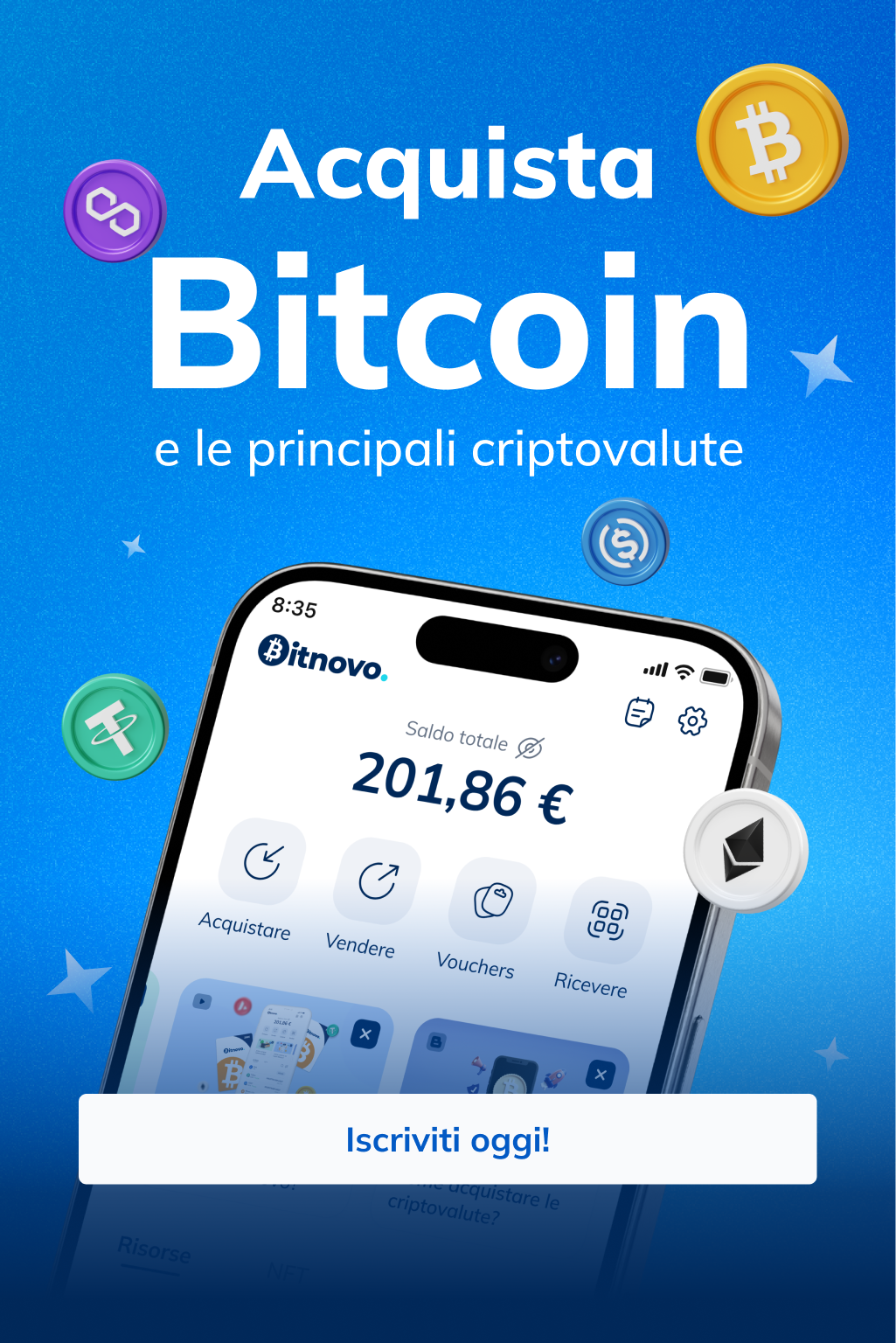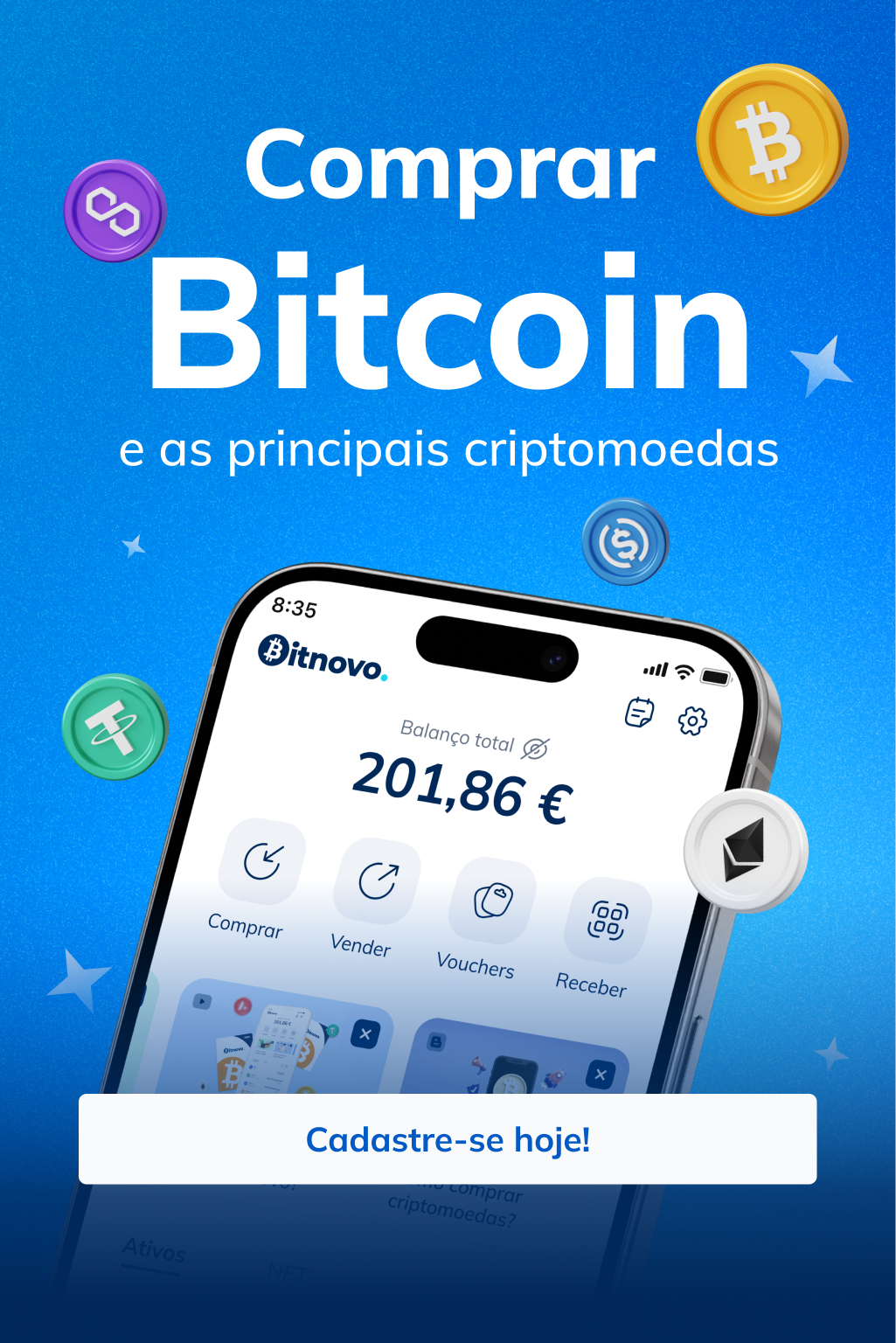
Table of Contents
ToggleTheta (THETA) is a blockchain launched in March 2019 powered by a decentralized network where users share resources and content peer to peer and specifically dedicated to video streaming.
The main purpose of Theta is to decentralize video transmission and make it more efficient, cost-effective and fair for industry participants..
How does Theta work?
Theta’s software seeks to incentivize a global network of computers on its decentralized video streaming platform. Through its platform, users can stream videos by offering their bandwidth and additional computing resources in exchange for rewards.
The more users join your network, the more bandwidth is available, which translates into better quality video streaming on the network.
Technically Theta achieves this in this way:
- The author uploads his video to the platform and establishes his rules of use in the settings;
- Users view the published material and support the network by providing free power to their computers; in this way, by increasing capacity, content can be transferred to other users;
- All users who support the network are rewarded with Theta tokens.
As you can see, this model eliminates intermediaries and guarantees a decentralized network with high-speed streaming video distribution.
As far as the platform’s stakeholders are concerned, the Theta network is driven by 3 groups of participants:
Business validation nodes: these are the nodes that propose and produce new blocks on the chain. These are firms such as Google, Sony and Samsung, which are betting on THETA tokens for the right to process transactions on the network.
Guardian nodes: these are users whose task is to ensure that the transaction blocks proposed by the business validation nodes are accurate. The guardian nodes seal the blocks and play an important role in protecting the security of the Theta blockchain, as they form a second layer of defense against potential malicious attackers.
Edge nodes: users who share their bandwidth or stream video over the Theta network in exchange for TFUEL, one of the Theta platform tokens.
Finally, Theta has a micropayment system that allows viewers and content creators to send and receive THETA through its official wallet.
Being an open source software, Theta also allows developers to create decentralized applications on its blockchain.
THETA: the native token of the Theta network
In order to execute all transactions on its blockchain, Theta has three native tokens, known as Theta (THETA), Theta Fuel (TFUEL) and Gamma, which power its internal economy.
Theta (THETA): THETA is the cryptocurrency that powers the Theta Network and can be staked by those who wish to become Validator or Guardian nodes. THETA allows nodes to validate transactions, produce blocks, vote on network changes and earn TFUEL as a reward.
Theta Fuel (TFUEL): is used to execute transactions on the Theta network and has a similar function to gas in Ethereum (ETH). It is also used as a micropayment currency when users pay Edge Nodes for sharing a video stream. Its total supply is 5 billion (5,000,000,000,000) tokens.
Gamma:was created only to fulfill governance functions. At the time of the mainnet launch, 5 Gamma tokens were issued for 1 THETA.
The Theta network offers a triple benefit to its participants:
- Users who watch content get a better quality streaming service;
- Content creators improve their revenues;
- Intermediaries (video platforms) save money on infrastructure construction.
In 2018 the THETA token underwent an initial coin offering (ICO) and was distributed as an ERC-20 token on Ethereum. Subsequently, THETA ERC-20 tokens were converted to native THETA.
THETA’s total supply is limited to one billion (1,000,000,000,000) tokens that are distributed in various proportions among all network participants, between their own equipment, a mining pool and another native pool.
How to mine Theta (THETA)?
Before explaining how to mine Theta, it is important to know its consensus protocol. Theta, unlike bitcoin and other cryptocurrencies, is based on the multilevel BFT (Byzantine Fault Tolerance) consensus mechanism, a proof-of-stake (PoS) governance system that allows thousands of nodes to participate in the consensus process, keeping the distributed network of computers running Theta Network synchronized.
All nodes in the network must wager THETA tokens to help power the blockchain, produce blocks and vote on changes. Voting power is determined by the amount of THETA wagered.
In addition, validation nodes must wager a minimum of 10,000,000 THETA, while Guardian nodes need only wager 100,000 THETA.
The Theta network also uses proof-of-engagement testing, which provides insight into the amount of time users spend viewing content.
How to make Theta staking?
If you want to become a node of the Theta network and bet THETA tokens, you only have to:
1- Run a guardian node on Theta testnet to participate in the production of blocks on the Theta blockchain.
2- To run a guardian node you must have the following requirements:
- Bet at least 10,000 THETA tokens
- Internet speed: 5 Mbps + upstream and downstream
- CPU: 4 cores or more
- Memory: 8 GBytes or more
3- By betting THETA tokens on your guardian node, you earn TFUEL as a reward for contributing to the network.
Other ways to earn THETA
You can also earn TFUEL tokens for streaming video content through Theta Network. To do this you need to run the Theta Edge Node for Windows or Mac. Edge Node uses your unused bandwidth to stream content through sites like Theta.tv. For each video segment streamed, you will earn TFUEL.
Another way to earn TFUEL tokens is to watch broadcasts on Theta.tv and then you can spend these tokens on products or you can trade them in the Theta.tv store or pay them to your favorite broadcasters as a donation to support them.
Theta Wallet

If you want to store your THETA or TFUEL tokens, you can use the online wallet or the official Theta Wallet app, available for Android and iOS devices.
In addition to the official wallet, there are other wallets compatible with Theta. Let’s see which ones are the most popular.
- Ledger Nano
Ledger, a hardware wallet that allows to store users’ keys in the most secure way. The device runs on its operating system called Bolos and has an integrated chip (ST31H320 + STM32F042) that provides a very high level of security.
- Trezor
It is also one of the most popular and secure hardware wallets, allowing secure payments without transferring private keys through potentially dangerous computers or mobile devices.
Thanks to its peculiar characteristics and architecture, Theta has been one of the best performing cryptocurrencies this year, along with coins such as DOT, $DOGE and $STX, making it a good cryptocurrency to invest in today.
Then, you just have to prepare your team and start betting your THETA to win TFUEL tokens and contribute to the operation of one of the most interesting networks in recent years.
Good luck!
